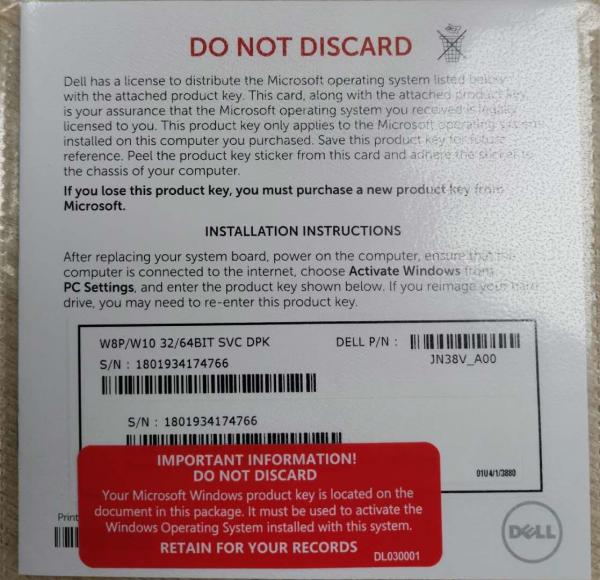
How do Microsoft online services ensure isolation between customer tenants?

Microsoft 365 is a global business, and our infrastructure is distributed in datacenters around the world, enabling our customers to meet data residency and sovereignty requirements.
#Microsoft online svc windows#
The infrastructure powering these services varies widely across service-specific hardware and virtualized environments in Azure, Windows and Linux, and multi-tenant and dedicated platforms. In terms of scale, Microsoft currently uses close to a million machines to power Microsoft 365 services.

Microsoft manages the service infrastructure on behalf of customers, meaning that Microsoft is responsible for securing the infrastructure that stores customer data. All components of the service are regularly updated as part of the subscription model, so that our customers have an 'evergreen' product. Microsoft 365 customers get clients such as Outlook and Windows, and they also benefit from services that Microsoft hosts on their behalf, such as Exchange Online, Microsoft Teams, and SharePoint Online. Microsoft 365 is the cloud-powered, subscription-based version of Office, Windows 10, Enterprise Mobility + Security, and Compliance.

#Microsoft online svc software#
Dynamics 365 is a Software as a Service (SaaS) suite built on Azure's infrastructure and is made available to customers around the world through their globally distributed datacenters. These end-to-end business applications help customers turn relationships into revenue, earn customers, and accelerate business growth. What is Dynamics 365?ĭynamics 365 is an online business application suite that integrates the Customer Relationship Management (CRM) capabilities and its extensions with the Enterprise Resource Planning (ERP) capabilities. Microsoft Azure is designed to meet their security, confidentiality, and compliance requirements. Microsoft Azure supports many customers, partners, and government organizations that span across a broad range of products and services, geographies, and industries. It supports both Platform as a Service (PaaS) and Infrastructure as a Service (IaaS) cloud service models, and enables hybrid solutions that integrate cloud services with customers' on-premises resources. Microsoft Azure is a cloud computing platform for building, deploying, and managing applications through a global network of Microsoft and third-party managed datacenters. In many instances, security controls are implemented in the same way across all services, but in some cases, they take a different approach to fulfilling their customer promises and compliance obligations. Globally distributed datacenters connected by Microsoft's independently managed network infrastructure act as the backbone to support online services, providing the ability to sustain availability in almost every situation and scale to massive worldwide demand.Īll Microsoft online services have the same goal of safeguarding the service infrastructure they manage and their customers' data, but each online service is operated by a separate business unit. Each service offers unique solutions to common business operation and productivity needs, serving customers around the world ranging from small businesses to large enterprises and governments. Microsoft online services refer to the cloud-based services offered by Microsoft, which includes Azure, Dynamics 365, and Microsoft 365. We anticipate that the feedback will lead to some further adjustments of the terms, which we’ll implement over the coming months.In this article What are Microsoft online services?

We’ve already started the process of gathering feedback from our customers, including the Dutch Ministry of Justice and Security, on the revised contractual language of the Online Services Terms. As of today, the updated terms are available to all our commercial customers-public sector and private sector, large enterprises, and small and medium businesses-globally. Today, we published the updated Microsoft Online Services Terms with the changes we announced in November 2019.Īs Julie Brill, Microsoft’s Corporate Vice President for Privacy and Regulatory Affairs, described in her post, Introducing more privacy transparency for our commercial cloud customers, these changes provide our customers with more transparency on data processing in the Microsoft cloud, and increase Microsoft’s data protection responsibilities for a subset of data processing that we engage in when we provide commercial cloud services.


 0 kommentar(er)
0 kommentar(er)
